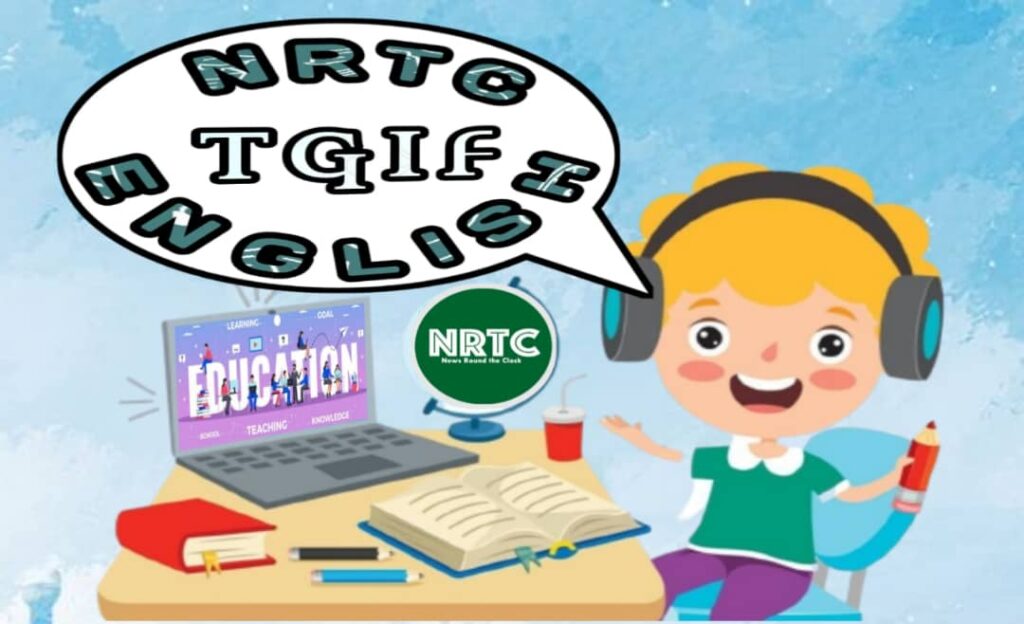Estimated reading time: 2 minutes
Learning English can be fun and exciting, but sometimes it can also be tricky, especially when it comes to words that sound similar but have different meanings.
One example is “unkempt” and “unkept.” Let’s look at these words and a few other words that behave similarly in English.
“Unkempt” and “Unkept”
Imagine you wake up in the morning, and your hair is all messy and tangled. You might say, “My hair is unkempt.” Here, “unkempt” means messy or not neatly arranged, especially regarding hair or appearance.
Oxford Learner’s Dictionaries defines unkempt as (especially of somebody’s hair or general appearance) not well cared for; not neat or tidy.
But what about “unkept”? Well, “unkept” is a different word. It means something that hasn’t been maintained or looked after properly. For instance, if a garden is overgrown because no one has taken care of it, you could say, “The garden is unkept.”
So, remember: “Your hair is unkempt” if it’s messy, but “Your promises are unkept” if you haven’t fulfilled them.
ALSO READ

More words like “unkempt” and “unkept”
English is full of words that might seem similar but have distinct meanings. Here are a few more examples:
- Their, They’re, There: “Their” shows possession, like “their house.” “They’re” is short for “they are,” and “there” refers to a place, like “over there.”
- Accept, Except: “Accept” means to agree or receive something, while “except” means excluding something or making an exception.
- Affect, Effect: “Affect” is usually a verb, meaning to influence or change something, like “The rain affected the game.” “Effect” is usually a noun, meaning the result or outcome, like “The medicine had a positive effect.”
- Lose, Loose: “Lose” is a verb, meaning to misplace or fail to keep something, like “Don’t lose your keys.” “Loose” is an adjective, meaning not tight or relaxed, like “These pants are too loose.”
The best way to remember these differences is through practice. Try using these words in sentences, and pay attention to how they’re used in books, movies, or conversations. You can also make flashcards or quizzes to test yourself.







